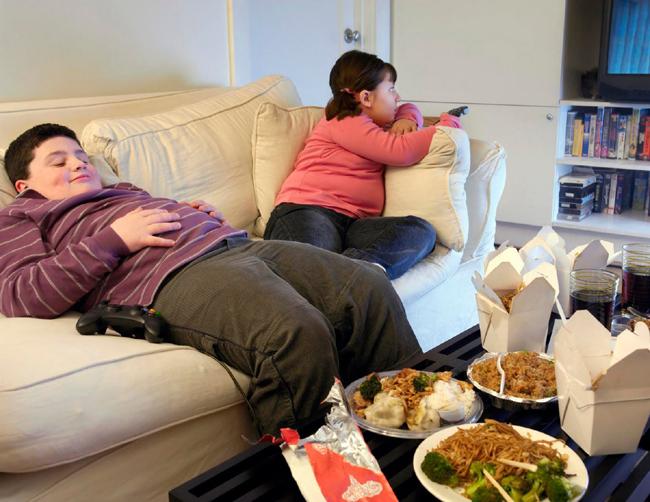Following routines from a very early age may have many benefits. A new research suggests that regular bedtimes, mealtimes and limited screen time may be linked to better emotional health in pre-schoolers, and that might lower their chances of obesity later


Representational picture
ADVERTISEMENT
New York: Following routines from a very early age may have many benefits. A new research suggests that regular bedtimes, mealtimes and limited screen time may be linked to better emotional health in pre-schoolers, and that might lower their chances of obesity later.
"This study provides more evidence that routines for preschool-aged children are associated with their healthy development and could reduce the likelihood that these children will be obese," said lead author Sarah Anderson of The Ohio State University in the US.
Researchers evaluated three household routines when children were three years old -- regular bedtime, regular mealtime and whether or not parents limited television and video watching to an hour or less daily.
Then they compared those to parents' reports of two aspects of children's self-regulation at that same age.
Lastly, they investigated how the routines and self-regulation worked together to impact obesity at age 11, defined based on international criteria.
The research included 10,955 children who are part of the Millennium Cohort Study, a long-term study of a diverse population of children born in Britain from September of 2000 to January of 2002.
All three household routines were associated with better emotional self-regulation -- a measure based on parents' responses to questions such as how easily the child becomes frustrated or over-excited, showed the findings published in the International Journal of Obesity.
Those children with greater emotional dysregulation were more likely to be obese later.
"We saw that children who had the most difficulties with emotion regulation at age three also were more likely to be obese at age 11," Anderson said.
researchers also found that the absence of a regular preschool bedtime was an independent predictor of obesity at 11.
Obesity risk increased even when children "usually" had a regular bedtime, as opposed to "always." The risk was greatest for those who had the least amount of consistency in their bedtimes.
 Subscribe today by clicking the link and stay updated with the latest news!" Click here!
Subscribe today by clicking the link and stay updated with the latest news!" Click here!






